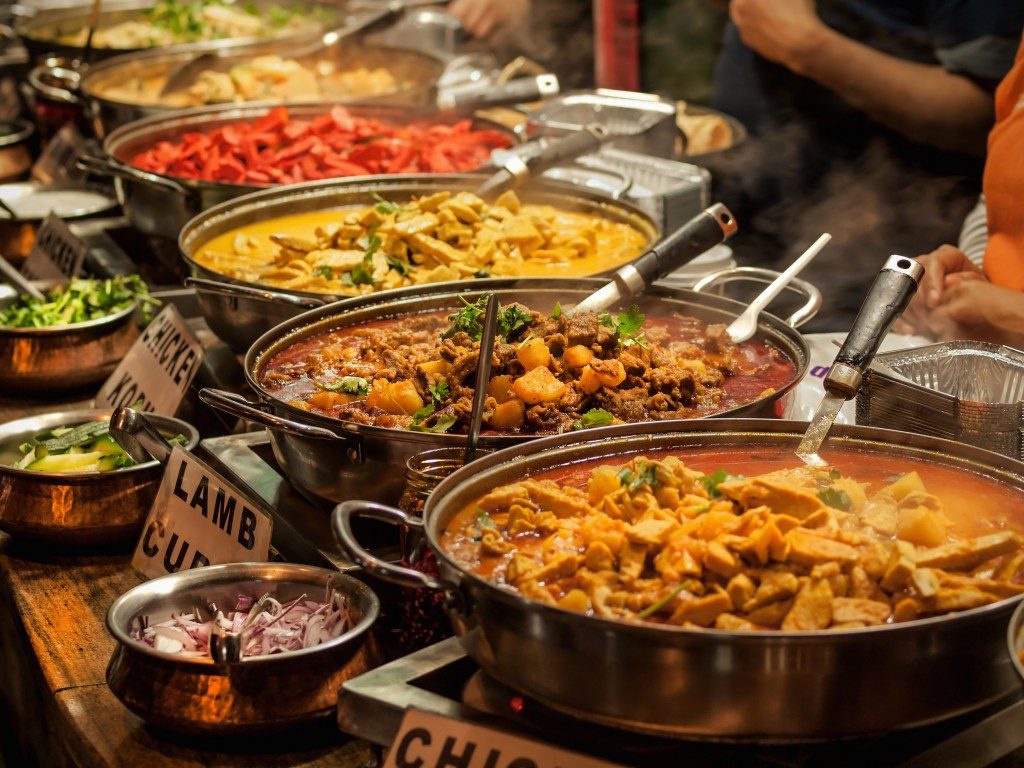Competition is fierce in the food and beverage industry. If you’re a first-time restaurant owner, it’s easy to get overwhelmed with all the facets of running a restaurant. But if there’s one thing you should invest in early on, it’s staff hygiene and food safety.
Below are basic kitchen safety tips to ensure your business is safe and thriving.
Provide Food Safety Training
Every member of your kitchen should undergo complete food safety training and education. Continuous refresher courses should also be provided to ensure your staff is up to date with the latest food safety protocols. More importantly, they should also know the whys behind these safety measures. Understanding how public health and safety is affected by their tasks should motivate them to exercise due diligence.
Invest in the right equipment
Your equipment affects the quality of the food you serve. Using proper kitchen equipment for the right products protects your food from bacteria and any possible contamination. Some equipment is specifically made to retain heat or freshness while some tools are made for food that needs thorough cooking. It also pays to stock your kitchen with calibrated food thermometers at every work station so employees can safely check food temperatures. Providing the right equipment not only ensures food safety but also staff efficiency.
Regularly sanitize your kitchen
Research shows that 31 major known pathogens acquired in the United States cause an estimated 9.4 million episodes of foodborne illness each year.
A dirty kitchen can easily attract rats, flies, cockroaches, and other pests. Failing to clean your kitchen regularly can result to bacteria buildup, pest infestation, and potential food safety issues.
Some cleaning jobs must be done in between shifts such as wiping down counters and surfaces, brushing grills, switching cutting boards, taking out the trash, and changing sanitizing water. Sweeping the floor, scrubbing the sink, and cleaning heavy equipment such as the flattop, range, and fryer should be done once daily.
Inspect food upon arrival
Receiving food that has been compromised in the delivery process ruins your quality for the rest of the day. Check for rips or tears in the boxes and overall packaging. Never accept food if the packaging is not in good shape.
Some suppliers prefer delivering food early in the morning even when there is no one to receive it in the facility. Try to avoid this practice as much as possible or at least give the suppliers access to your storage and freezers. Don’t ever allow food to be exposed outdoors.
Conduct surprise kitchen inspections

Surprise kitchen inspections ensure each employee observes proper hygiene and food safety protocols. Some kitchen owners even hire third-party inspectors to examine their facility and observe their employees in action. Having an outsider helps in pinpointing internal mistakes that you may have overlooked. An external perspective ensures stronger protection from foodborne illnesses, issues with the health department, and other potential sanitary problems.
A few hygiene mistakes can make or break your business. The slightest contamination can give your restaurant a poor reputation, a disease, or a notice from the health department. Whether you’re planning to open a full-fledged restaurant or invest in deli franchise opportunities, the secret to running a successful restaurant lies in its commitment to safety and quality.

